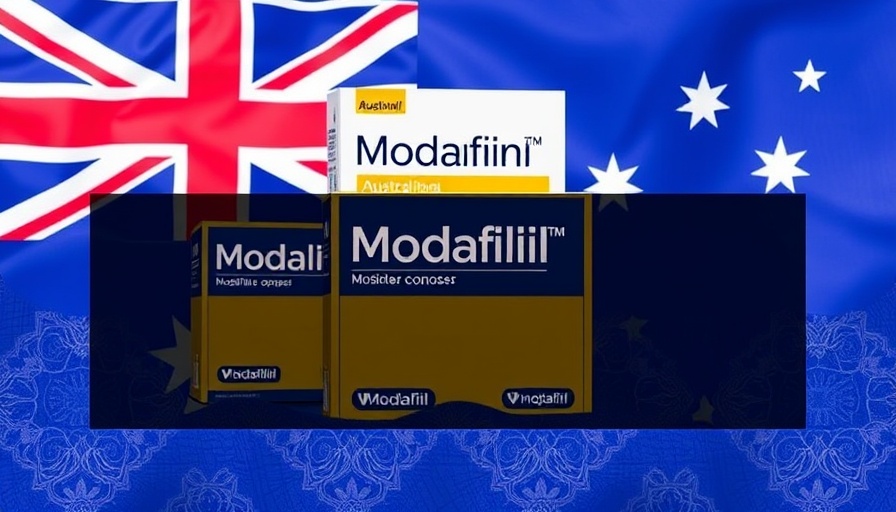
Understanding Harm Reduction: A Safer Approach to Substance Use
In recent years, the term harm reduction has gained traction as an essential philosophy in the context of substance use and addiction treatment. But what exactly does it mean? To shed more light on this crucial topic, I spoke with Dee-Dee Stout, a seasoned substance use counselor with over thirty-five years of experience. Through our conversation, it became clear that harm reduction is not just a strategy for treatment; it is a compassionate approach that recognizes the complexities of addiction.
What is Harm Reduction?
According to Dee-Dee, harm reduction encompasses any interventions that minimize negative consequences stemming from substance use. She draws a parallel to car safety: just as we do not ban cars due to accidents but rather make them safer, we should not outlaw substance use. Instead, we can create safer environments for those engaged in it, understanding that not every individual is ready or willing to pursue complete abstinence.
The Myths Surrounding Harm Reduction
One common misconception is that harm reduction does not include the option of abstinence. Dee-Dee clarifies that while abstinence is a goal for many, harm reduction allows individuals the flexibility to explore their relationship with substances safely. It is a pathway to making informed choices rather than imposing strict rules that can often do more harm than good.
Empowering Parents: A New Perspective
For many parents grappling with a child's substance use, the prevailing narrative has been that sobriety is the only viable solution. Dee-Dee emphasizes the importance of communication—parents should engage openly with their children about their substance use instead of merely seeking to control or condemn it. She suggests that families consider how they would react to any other unacceptable behavior, fostering a dialogue that encourages trust and understanding.
Behavioral Insights: What Works?
Dee-Dee advises parents to focus on the individual behaviors rather than solely the substances used. Effective harm reduction acknowledges the unique patterns and circumstances of each person’s use, supporting healthier choices rather than a blanket assumption of control. By creating a supportive environment that includes therapy and counseling, families can foster a greater sense of accountability and resilience in their loved ones.
Looking Ahead: The Future of Harm Reduction
As society becomes increasingly aware of the complexities surrounding addiction, harm reduction strategies will likely become more widely accepted and integrated into treatment programs. This shift signals a move towards more holistic treatment options, including comprehensive family therapy, outpatient support, and available recovery resources. With a better understanding of how to support individuals without judgment, communities can help reduce the stigma associated with substance use and the mental health challenges that often accompany it.
Taking Action: Resources for Families
For families looking for guidance on harm reduction and substance use support, there are numerous resources available. Individual counseling, support groups like Narcotics Anonymous, and educational workshops can provide invaluable insights and networks. Checking in with addiction recovery hotlines can connect families with counselors trained to support them through crisis moments. Taking proactive steps toward understanding and acceptance can significantly impact recovery journeys.
Conclusion: Embracing Harm Reduction
Ultimately, harm reduction champions the idea that every individual's journey is unique, and recovery needs to be personalized. By embracing this paradigm, families can foster healthier communication and understanding, paving the way for effective strategies in addressing substance use. If you are navigating the complexities of addiction with a loved one, consider learning more about harm reduction and its resources to enhance your journey together.
Call to Action: Ready to explore how harm reduction can improve your family’s journey through substance use? Connect with local support groups and resources that specialize in compassionate care and recovery today.
 Add Row
Add Row  Add
Add 




Write A Comment